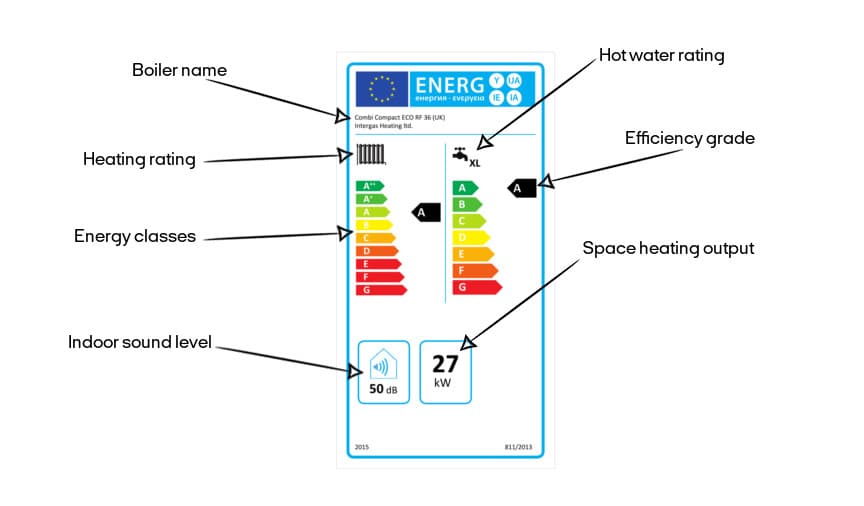The ErP Directive

The ErP (Energy Related Products) Directive was introduced in 2015 by the European Union to reduce greenhouse gas emissions and the environmental impact of energy products. The directive enforces the development and improvement of energy-related product design to improve their energy efficiency.
Under UK law, the directive is part of our Energy Related Products Regulations 2010 legislation – later amended by the Ecodesign for Energy-Related Products and Energy Information Regulations in 2016.
Requirements
For an energy-related product to become regulated under this directive, they would have to reach 200,000 sales per year within the EU market. Once they reach this volume of sales, it is in the interest of the directive to step in and ensure the product is performing how it should be.
If it’s found that a product is performing poorly and poses a great risk to the environment, the ErP directive will inform the manufacturer of the potential to improve their products, without increasing their costs drastically.
Objectives
The main objective of the directive is to cut greenhouse emissions and improve energy efficiency each by 20% and have 20% of all EU energy come from renewables by 2020. This is also known as the 2020 climate & energy package.
In part, this is to be achieved through the continued efforts to improve the energy efficiency of products, with an emphasis on design and development through their lifecycle. Since the introduction of ErP, it’s become illegal to continue to manufacture or import poor performing products which do not meet the energy efficiency requirements laid out in the directive.
The introduction of energy labels has meant that manufacturers are able to use efficiency levels to take on their competition. This presents an opportunity for boiler suppliers to up-sell customers from lower efficiency-band boilers to high efficiency options, while selling the fact that their new modern condensing boiler will save them money in the long run. Some healthy competition will undoubtedly lead to more highly efficient boilers appearing on the market over the next decade, which makes the energy labelling extremely effective.
The ErP label
As of 2015, all products must be labelled with their efficiency levels rated from G to A+++. It’s the responsibility of the manufacturer to improve their grading under the guidance of this directive. In terms of boilers, if they are using up to 70kW of energy along with storage tanks up to 500 litres, they will be supplied with an energy label. If a boiler is reaching up to 400kW, the ErP will step in to set new energy targets, later providing energy labels.
It’s the responsibility of your boiler manufacturer to supply an energy label which displays the efficiency grade for heating and (in the case of combi boilers) hot water production. Boilers are all rated from A++ to G, while also taking into consideration their sound output and their rated output.
